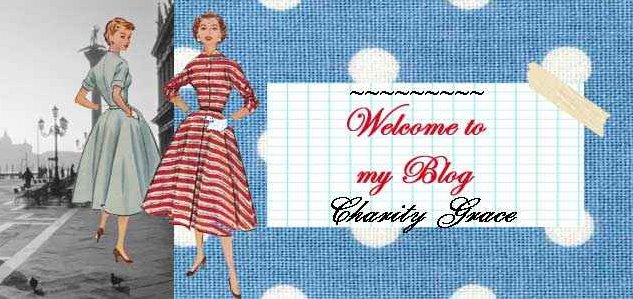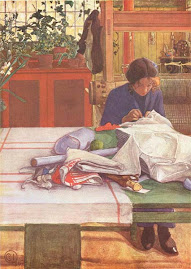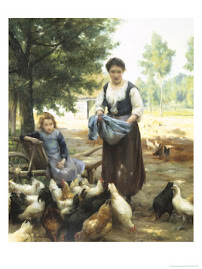This closely follows the recommendations in The Well-Trained Mind, with some variation to meet our needs.
Reading
We’ll continue with The Ordinary Parents’ Guide for Teaching Your Child to Read, as well as the Bible (New Living Translation) and McGuffey Readers.
Writing
Copywork from the Bible and great literature, as well as writing pen pals and relatives, and practice sheets for correct letter formation.
Math
Singapore Math, which is supposed to teach children how to think mathematically rather than rote memory of concepts and facts. We’ll also be using addition and subtraction songs for reinforcement.
Spelling
Spelling Workout, which is phonics-based.
English
First Language Lessons, which corresponds to The Ordinary Parents’ Guide for Teaching Your Child to Read. This employs a variety of exercises, from narration to memorization, as well as others.
History and Geography
Truthquest History, which follows a chronological approach after fourth grade. However, the younger grades simply learn American History. Billy and I were more comfortable with this than the strictly chronological approach typically used in Classical education, mainly because we aren’t comfortable with our impressionable and ungrounded little ones studying pagan religions and cultures in depth. We’d prefer for that kind of study to take place later when their tools of discernment are more sharply honed.
Insofar as I understand, Truthquest uses a combination of text and living books, which in my opinion is probably one of the most effective ways to get a lasting picture of what history was really like.
We’ll also use Geography Songs and Maps, as well as supplement with the Kingfisher History Encyclopedia.
Science
We’ll be doing a unit on local fish and their habitat, as well as studies of animals from the Kingfisher First Animal Encyclopedia, the human body from the Kingfisher First Human Body Encyclopedia, and plants, from Green Thumbs. We’ll also be doing various fun experiments from the book 730 Easy Science Experiments With Everyday Materials.
Art and Music
Elizabeth has started violin lessons from the Suzuki teacher down the street. We’ll listen to classical music, and become familiar with various composers. For art, we’ll have picture study of the work of various famous artists from books I plan to pick up for a few dollars at our local Borders Outlet, as well as keeping a nature journal and painting with watercolors (just fun!). I also want to continue to teach Elizabeth to sew and knit.
*********
Note: I'm too lazy to link all these books tonight, so if you want to know more about them, you'll have to Google! :)
Friday, July 28, 2006
Subscribe to:
Post Comments (Atom)







4 comments:
Did i mention my husband learned violin (and then viola, what he plays now) by Suzuki? So did his sister. She's a professional violinist now. My husband is a talented amateur. But because of the suzuki method, he can play any music he knows the tune to, including those that he is just introduced to, then picks up the viola and plays. He doesn't need to have the music (in viola key) in front of him, or memorize it ahead of time.
PS I love the idea of teaching history partly by teaching from books written during that time/by people living durng that time!
What I like about what you are doing is that you don't list Bible as a subject. Bible is not a school subject, it's LIFE.
Hoping you have a wonderful homeschool year!
Ruth, so far Suzuki has been great for us. Elizabeth is learning so much, and it seems in my unprofessional opinion tht she's learning fast too.
Rebecca, I didn't leave out Bible on purpose...I guess it never occurred to me to include it...And I think that is because I agree with you. It's not something that I want to compartmentalize as a school subject. We "do Bible" from the time we get up in the morning to the time we go to bed at night, and it's either an overt part of each subject, or the way we approach a given subject is the result of a biblical worldview. So I don't see a need at present to set aside academic time just for Bible, since Bible is part of all our time, both academic and not.
Does that officially qualify as a ramble?! :)
Post a Comment